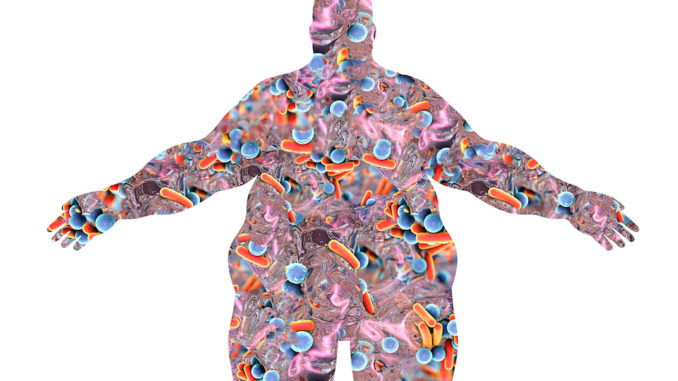
Kintai Therapeutics, a Flagship Pioneering company, today announced the advancement of KTX-0200, a novel oral anti-obesity agent, into IND-enabling studies following the demonstration of sustained weight loss and improved markers of health in preclinical studies. Treatment with KTX-0200 led to sustained weight loss of 14% in chronic diet-induced obesity rodent models known to be predictive of clinical efficacy across anti-obesity drug mechanisms. In addition, treatment with KTX-0200 led to improved glucose tolerance (12% improvement in oral glucose clearance based on an oral glucose tolerance test) and increased insulin sensitivity (14.5% improvement in glucose clearance in an insulin tolerance test), demonstrating the potential utility of KTX-0200 in diabetes and pre-diabetes patients. Significant improvements in liver health were observed across multiple animal models, including the Gubra NASH model where treatment with KTX-0200 resulted in a 30% reduction of liver fat, a 19% decrease in total liver weight, and a 38% decrease in liver transaminases known to be an indicator of liver damage.
“Obesity is a growing epidemic with nearly 50% of the U.S. population expected to be obese by 2030, leading to devastating health consequences and costs,”
said Paul PeterTak, M.D., Ph.D., president and chief executive officer of Kintai.
“Our preclinical data with KTX-0200 is promising, demonstrating sustained weight loss and improved glucose control and liver health markers. In addition to stand alone efficacy, KTX-0200 may potentially be an attractive medicine for combination therapy with current anti-satiety drugs, which we plan to evaluate. We look forward to presenting the detailed preclinical data at an upcoming scientific congress and beginning IND-enabling studies with KTX-0200.”
About KTX-0200 and Obesity
KTX-0200, an oral small molecule anti-obesity agent, was developed based on Kintai’sunique understanding of the role of the gut microbiome in human biology. In 12-week chronic mouse models of diet-induced obesity, KTX-0200 reduced body weight by 14%, as well as improved glucose control and liver health. Distinct from currently approved anti-obesity medicines, KTX-0200 was shown in a preclinical model to cause weight loss with little change in food consumption. Kintai has initiated IND-enabling activities for KTX-0200.
Obesity is a major driver of metabolic diseases, including type 2 diabetes, NASH, and cardiovascular diseases, and it contributes to cancer, immune-mediated inflammatory disease, and osteoarthritis. In the U.S., approximately 93 million adults and 14 million children were obese during 2015-2016.[i] [ii] The estimated annual medical cost of obesity was $147 billion in the U.S. in 2008. i
[1] Centers for Disease Control and Prevention (2018, August 13). Adult Obesity Facts. Retrieved fromhttps://www.cdc.gov/obesity/data/adult.html
[1] Centers for Disease Control and Prevention (2019, June 24). Childhood Obesity Facts. Retrieved from https://www.cdc.gov/obesity/data/childhood.html
